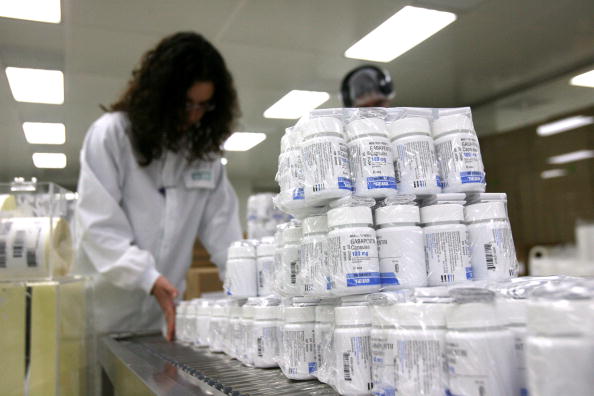
A group of doctors are encouraging both patients and doctors to use more generic than brand-name drugs as a way of improving health outcomes.
The American College of Physicians cited that by increasing the recommendation and intake of generic drugs, patients are more likely to follow the treatment plan. Further, it can save the government more money.
In a study they recently published in the Annals of Medicine, as many as 45% of brand-name drugs are given to Medicare patients with diabetes even if these medications have generic equivalents. If an opposite is true, the government would have saved around $1.4 billion.
Further, they mentioned that while patients have the option to request for a generic prescription, they are often afraid to tell their doctors they could not afford it. Thus, many of these brand-name drugs remain uncollected in pharmacies. Patients, on the other hand, would either personally change their doses (usually from the recommended to a lower dose) or not take them. Both can have serious side effects on the patient.
Generic drugs are actually no different from brand-name ones particularly in terms of effectiveness and safety. According to Federal Drug Administration (FDA), like brand-name medications, generics also go through extensive reviews and processes to ensure they are safe and beneficial to the patients. These types of drugs should also contain the active ingredient. Further, generics should not be more than 45% different from their brand-name counterparts. Healthsmart, meanwhile, suggests that patients can save up to 80%.
The group believes that more awareness on the availability of generics would help resolve the problem. Currently, it's either the doctors do not know the brand-name drugs already have generic versions or that they have become used to prescribing them. It's also possible that the generics may not be ideal for the patient.
Nevertheless, their recommendation is timely especially at a time when drug makers tend to charge how much they want. A few months ago, Turing Pharmaceuticals hogged the headlines for increasing the price of a popular drug Darapim (pyrimethamine), used for treating a parasitic infection prevalent in Africa, from $13.50 to $750 per pill.
